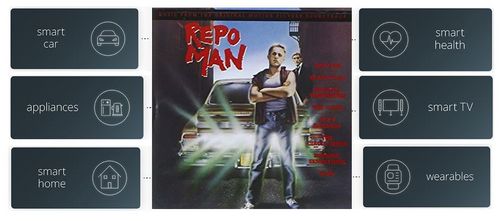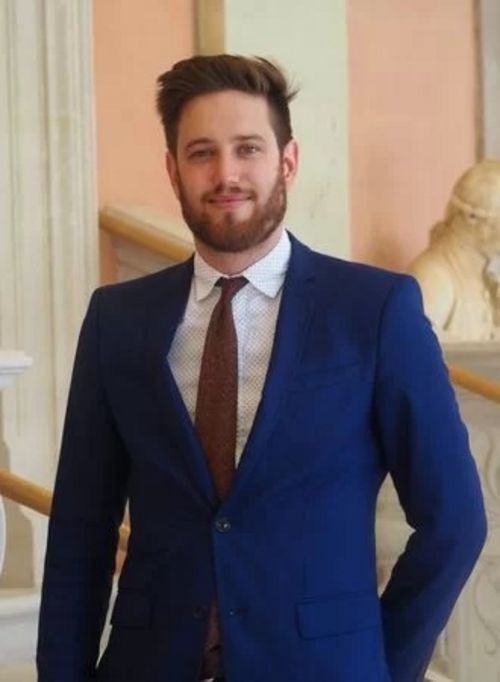Self-Help Enforcement in the Digital Age.
Can You Enforce Rights by Interacting with IoT Devices?
The transition from litigation to electronic self-help could yield significant benefits for businesses and, in turn, likewise for consumers and other stakeholders. A lesser need for litigation may reduce externalities and thus enhance overall welfare.
Project Details
Young Career Project
Project Leader
Lukas Klever
Call
9/2020
However, it will be a demanding task to unfold the full technological potential of IoT-based enforcement in a legally permissible and ethically justifiable way. Utilising self-help rather than state-sanctioned court proceedings bears a number of potential pitfalls and is prone to giving rise to serious violations of fundamental rights.

Applying traditional legal doctrines to that matter often turns out to be unsatisfying, both in principle and practice. In particular, the prevailing distinction on whether a defendant has simply discontinued delivering goods or services, or whether he has trespassed to another’s goods appears to be rather the expression of a topsy-turvy legal history than the result of a deliberate decision of legislators and courts. This state of legal uncertainty reveals an urgent need for clarification.
The proposed project will be approaching these issues with a realistic understanding both of the technical obstacles and the legal challenges they pose. Its aim is to elaborate how the existing law of is to be properly understood to deliver methodologically sound results whilst at the same time being capable of handling the challenges the digital transformation brings with it. In doing so, the project will help businesses, consumers and other stakeholders in evaluating their available options when it comes to enforcing rights in or through the Internet of Things.
Assist.-Prof. DI (FH) Dr. Lukas Klever, LL.M. (Cantab.).
Assist.-Prof. DI (FH) Dr. Lukas Klever, LL.M. (Cantab.) earned his PhD at the University of Vienna, where he was also research assistant. Simultaneously he finished his LL.M-studies at the University of Cambridge. Since 2019 he is assistant professor at the institute for civil law at the JKU.

 Go to JKU Homepage
Go to JKU Homepage


